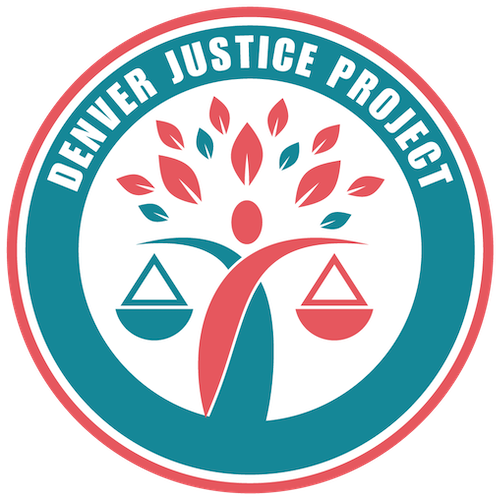HEALTH & SAFETY
Denver Justice Project is dedicated to addressing community trauma stemming from systemic issues such as racism, over-policing, poverty, exclusion and other forms of cultural and institutional violence. Through our mental health and safety work, DJP aims to identify and acknowledge the impact of these injustices on affected community members.
Traumatic Brain Injury & Trauma Survey
North Auroras 1st Ward community, zip code 80010 is the most diverse community in the state of Colorado with over 51,000 residents. This Aurora community is also the 2nd most diverse public school district in the United States with over 230 languages spoken. The 80010 community is also the most impoverished and institutionally neglected areas in the entire state.
Our research and landscape scans of the area have led us to believe that it is possible that a high number of community members in the 1st Ward are living with trauma induced impairments that could potentially impact their day-to-day function. We believe in most cases people are unaware of their injuries or aware and have never received the treatment they deserve.
We are currently in the process of distributing a bilingual survey in English and in Spanish that is available in person or digitally to the residents of Ward 1. This survey is geared to assess whether or not people in the 80010 1st Ward of Aurora are suffering from some level of traumatic brain injury that could induce impairments to their mental and physical health. Our goal is to collect at least 1,000 of these surveys in order to produce a sufficient amount of data that will allow us to create a report that can then be used to advocate for more resources for this community in the legislative agenda. Simultaneously, we are working directly with the Traumatic Brain Injury Alliance to provide direct and immediate support to community members in need. We soon hope to be collaborating with the Rebuild Your Mind Platform as well.
Substances, use, abuse and recognition.
DJP offers workshops geared toward helping people identify substances that are pervasive and readily available in our communities. This training equips folks with knowledge that helps in recognizing an overdose, understanding the physical effects and impacts of different substances and the legal consequences of possession, distribution, and manufacturing.
